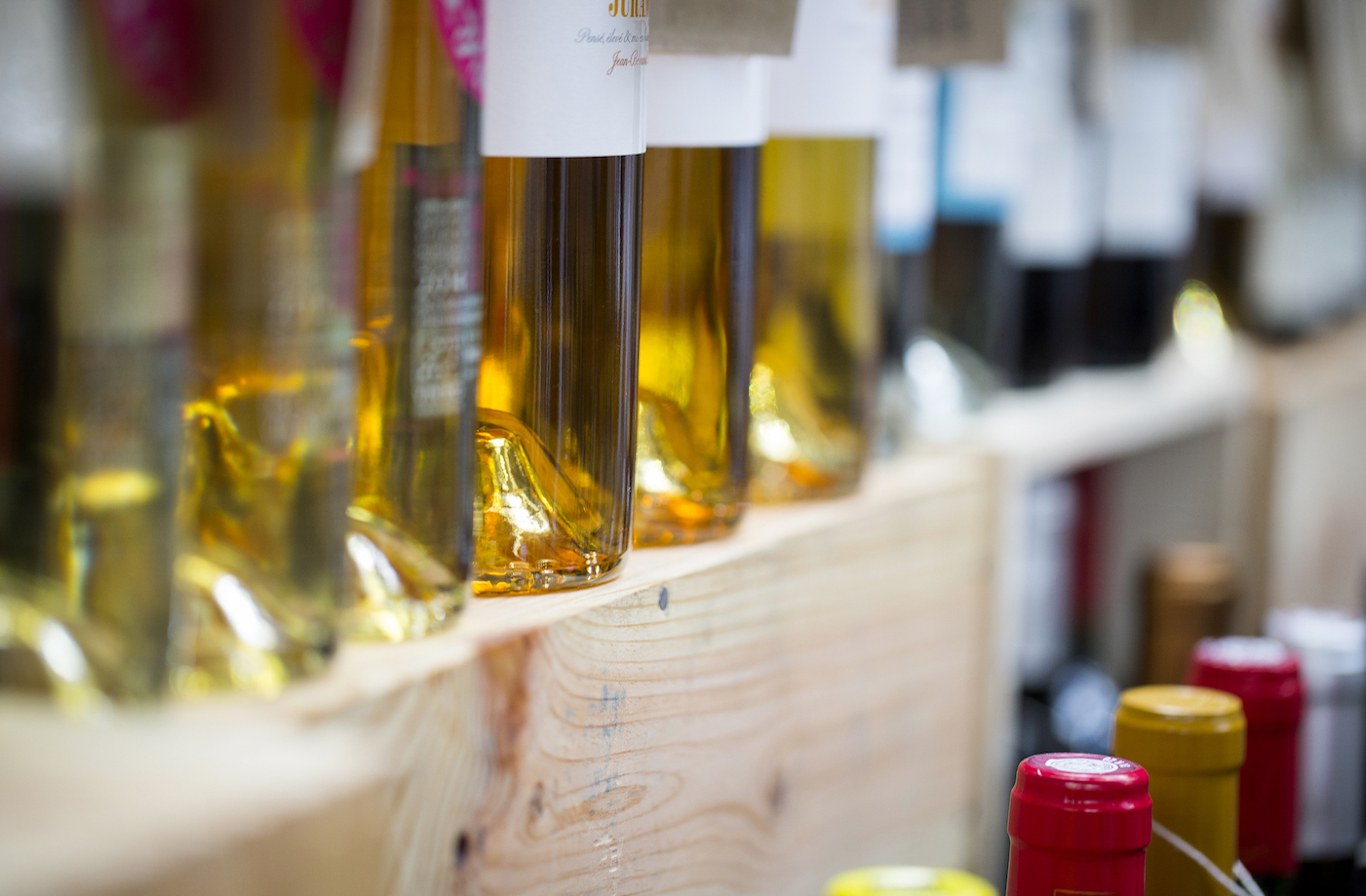
If beauty lies in the eye of the beholder so does value for money. We are more likely to appreciate that a hand-crafted wine might represent value, if we know that the wine is singular and might never be replicated. Produced in small quantities, such artisan wine is the living record of the vintage and the unique process, the product of natural farming; all about the hard work that brings a vineyard to its full potential, all about selection, all about hand harvesting, low yields, and then careful winemaking.
We are more likely to appreciate that a hand-crafted wine might represent value, if we know that the wine is singular and might never be replicated.
Industrial wines don’t come into this discussion. They are products without value, made to a common denominator style, “pure” facsimiles.
To assess what constitutes value for money we need to look at the basic cost of wine. Before one even pays for the wine that goes into a bottle we should calculate the packaging, transport costs, handling, duty, storage and delivery. Then add increased production costs and a run of poor vintages, especially in parts of Europe, and the basic cost of wine has never been higher. Supermarkets, therefore, that are selling wines at specific price points, are not offering value for money since the net cost of the wine within the bottle is virtually worthless!
While it is still possible to find wines from organically farmed grapes, made with minimal interventions at around €3.50 – €4.00, these are becoming the exceptions. But this brings us back to our original thought – in terms of value for money are we seeking wine that is merely competent, or better than expected for the cost price, or possesses uniquely fine qualities that transcend arbitrary price points?
Les Caves de Pyrene holds an annual tasting called “Bang for Buck Wines”. The title may change from year to year, but the idea is clear – to showcase wines that overdeliver in comparison to other wines in the same price bracket. That will range from wines that are simply well-made, to those which are special by any standards.
Are we seeking wine that is merely competent, or better than expected for the cost price, or possesses uniquely fine qualities that transcend arbitrary price points?
There is one other category to consider and that is fine wines. Here value is decided by market indices and governed by supply and demand. Both of these will be influenced by scores in the press and the prior reputation of the estates in question. Such value is more to do with possessing and trading an asset rather than the intrinsic quality of the wine itself. These (often spoofy) wines may be less beautiful or have less terroir integrity (say) than humble artisan versions, but their perceived value is greater. This is not real value, nor real value for money, because the wines have become, in essence, luxury commodities and so much of their cost is associated with pr, marketing and the branding of the image.

